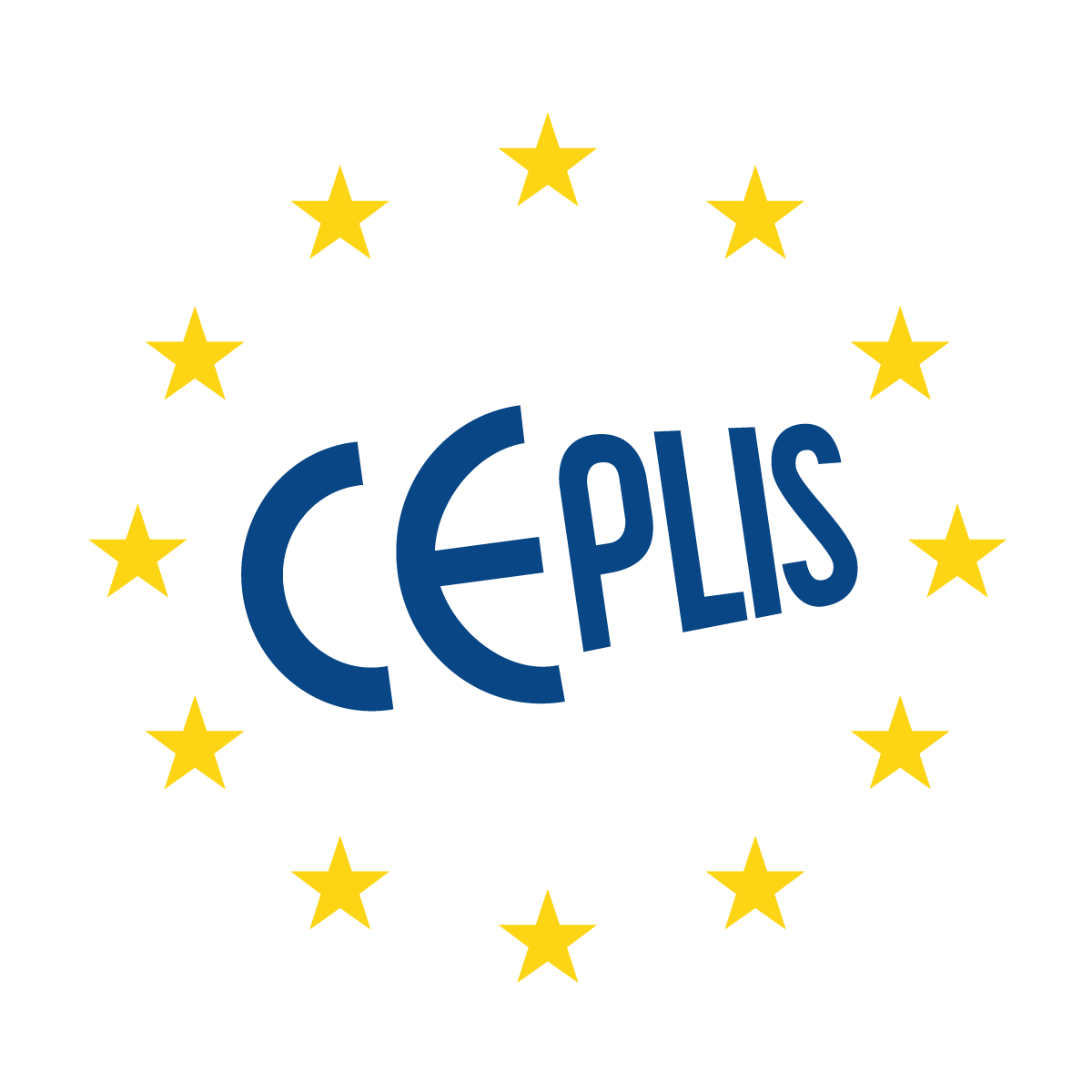Statement on the EU service package
The European Council of the Liberal Professions (CEPLIS) is the only European organization bringing together the bodies federating the liberal professions at the level of Member States and those that represent specific professions at the level of the European Union.
CEPLIS has read with great interest the package of measures that the European Commission has published the 10th of last January, aiming at making it easier for companies and professionals to provide services to a potential customer base of 500 million people in the EU. Our Council has set up an ad hoc Working Group in order to further study the Commission’s document as well as the future initiatives of the Commission stemming from it and to monitor the discussions that it is undoubtedly going to generate amongst stakeholders. The following lines constitute our first statement on the Package.
Our Council agrees with the European Commission on the fact that the services sector needs a fresh boost in order to better benefit consumers, job seekers and businesses and to generate more economic growth across Europe.
Cutting red tape and simplifying procedures and administrative formalities in the context of the provision of services within the Single Market is essential. Liaising with a single interlocutor in their own country and in their own language is also essential to all those who wish to fully benefit from the advantages of European Union membership in the field of their professional activities. Obviously, as Vice-president of the Commission, Jyrki Katainen, pointed out, these evolutions must be absolutely compatible with the maintenance of high standards for consumers and workers. Quality of services and of professional advice must be Europe’s Trademark.
In this spirit CEPLIS welcomes the initiative of the European Commission with the understanding that the current text is a good basis for a necessary discussion involving stakeholders, EU institutions and national administrations. This discussion is in our view absolutely necessary in order to clarify some aspects of the present text, such as, for example, the potential links between the proposed e-card and the European professional card.
Our Council feels in fact that it is necessary to avoid any overlap between the two above mentioned instruments and to examine the possibility of establishing a maximum fee to be paid by the service provider for obtaining the e-card in order to avoid substantial price differences between Member States.
CEPLIS notes that the European Commission calls upon Member States to asses national rules on professional services in order to get rid of unnecessarily burdensome and outdated regulation. Our feeling is that this assessment and the proportionality test introduced by the European Commission, should be accompanied by clear guidelines aiming at assisting the Member States to implement them in their legislative systems. Launching the process for the adoption of a new Directive that would establish an obligation for Member States to abide with the proportionality test, could in fact cause considerable confusion amongst national administrations and professional bodies, with negative consequences for the market. The sector of services in the EU is in fact already the object of two Directives, who have both been adopted after elaborate consultations with the stakeholders and broad consensus. Introducing further European legislation in the field risks to complicate and delay the very procedures we all wish to simplify and shorten.
We also note that a study funded by the European Commission is currently ongoing on the link between professional regulation and quality of services. We are persuaded that the outcome of the study in question is undoubtedly going to demonstrate the importance of this link. It is obvious that the study’s results should feed in all national assessments of professional regulations.
Our membership, national inter-professional associations and European mono-professional bodies, are 100% eager and ready to assist Member States as well as those responsible of the said study in their tasks.
Our aim is solely to make sure that all regulations relating to our sector warrantee the right of patients and clients to the highest possible quality of advice and care, whilst safeguarding public health and safety.
Our sector that of the Liberal Professions, who is one of the rare job producers that best resisted to the last economic crisis is currently one of the biggest agents of growth in the framework of a knowledge-based economy. Making Europe “a global hub for providing, buying and developing new services” is also our aim. And we firmly believe that it is especially the quality of our work that could make us to achieve this goal.

 Français
Français